When does adulthood begin?
From 16-year-old voters to lifetime bans on smoking, young people are living through a transition in views on political, social and emotional maturity
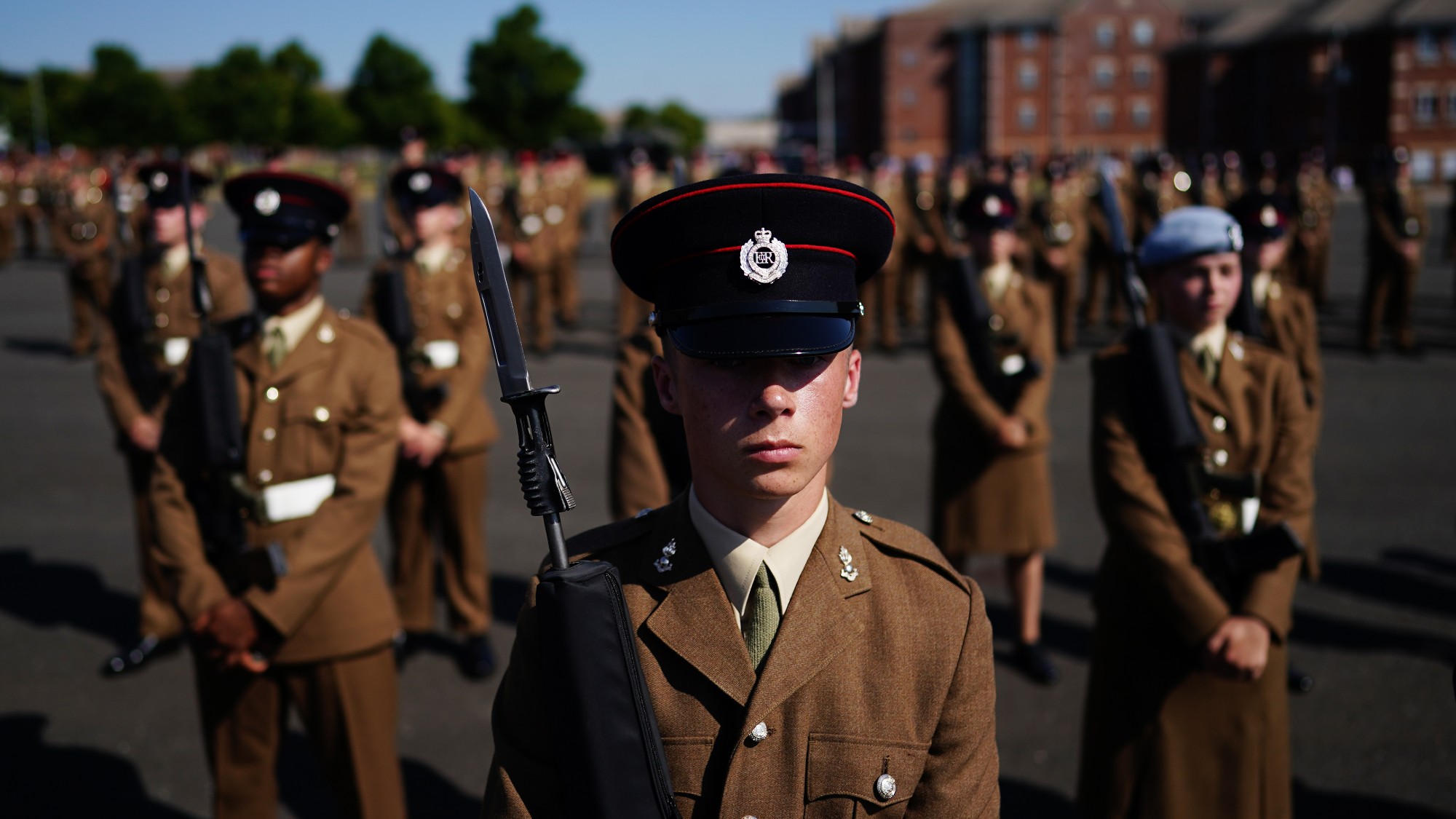
A free daily email with the biggest news stories of the day – and the best features from TheWeek.com
You are now subscribed
Your newsletter sign-up was successful
From the Tory bid to bring back national service to the, now shelved, generational smoking ban, young people are increasingly "losing their autonomy to make decisions about their lives and bodies", said Matthew Lesh.
As changes in parenting attitudes have resulted in "less unsupervised time for children" than that afforded to previous generations, he wrote for City A.M, it appears that a "new form of infantilisation" is extending into young adulthood too.
But even as the autonomy of young people is curtailed in some domains, Keir Starmer has signalled that a Labour government would lower the voting age to 16. The seeming incongruity reflects an ongoing shift in the balance of the rights and restrictions that define the concept of adulthood.
The Week
Escape your echo chamber. Get the facts behind the news, plus analysis from multiple perspectives.

Sign up for The Week's Free Newsletters
From our morning news briefing to a weekly Good News Newsletter, get the best of The Week delivered directly to your inbox.
From our morning news briefing to a weekly Good News Newsletter, get the best of The Week delivered directly to your inbox.
'Political battleground'
The question of extending the franchise to under-18s is an outlier in the debate over the official beginning of adulthood, because it is primarily viewed as a political issue rather than a moral or philosophical one. But that wasn’t always the case.
Back in 1969, when the UK voting age was lowered from 21 to 18, neither the Conservatives nor Labour "considered age to be an important electoral divide", wrote political academics Tom Loughran, Andy Mycock, and Jon Tonge in a post for the LSE's blog. The decision "was framed as part of a broader discussion about youth transitions to adulthood", rather than in terms of any impact it might have on electoral outcomes.
By contrast, in the 2020s, age is "the largest demographic division" in political identity, making voting age a "de-facto political battleground", and leaving the debate around lowering the voting age to 16 "curiously detached from the broader context in which young people become citizens".
Social transition
A free daily email with the biggest news stories of the day – and the best features from TheWeek.com
Adulthood has "traditionally been defined by a combination of age and the achievement of social milestones," James McCue, a lecturer in psychology and criminology at Australia's Edith Cowan University, said on The Conversation. Some of these milestones – getting married, buying a house, having children – are occurring later in life than for previous generations.
This is why so many countries have adopted a system in which rights are conferred in stages between 16 and 21, replacing traditional benchmarks with "gradual increases in social responsibility".
This tiered transition into legal adulthood can leave young people in a confusing legal limbo. In the US, said The New York Times, 18-year-olds "can run for office, go to strip clubs, be sentenced to life in prison, and volunteer to go to war or be drafted". Yet they cannot buy cigarettes or alcohol until they turn 21.
Current laws reflect the shifting moods and priorities of the eras in which they were passed. For instance, the voting age in the US was lowered from 21 to 18 to reflect youth participation in the Vietnam War, while the drinking age was set at 21 in the 1980s in response to concerns over drink-driving fatalities among the young.
This might seem arbitrary, but a strictly scientific approach doesn't seem to hold the answers, either, when the current consensus is that "most brains do not fully develop until age 25" – an age that few would be prepared to accept as the threshold to enjoy the rights of adulthood.
The new adulthood
What is clear is that "outward markers of maturity have become irrelevant", author Deborah Copaken wrote for Quartz. With the social and financial milestones that once delineated adulthood now out of reach for many people well into their biological maturity, we find ourselves in an era in which everyone, regardless of age, "presents to the world the same normcore jeans and hoodies while secretly struggling to pay the bills".
At its core, adulthood is not owning a house or wearing a suit or a legal status, but rather "a state of being", Copaken argued. "It's an understanding of the interconnectedness of the universe and one's humble place in it."
-
 What are the best investments for beginners?
What are the best investments for beginners?The Explainer Stocks and ETFs and bonds, oh my
-
 What to know before filing your own taxes for the first time
What to know before filing your own taxes for the first timethe explainer Tackle this financial milestone with confidence
-
 The biggest box office flops of the 21st century
The biggest box office flops of the 21st centuryin depth Unnecessary remakes and turgid, expensive CGI-fests highlight this list of these most notorious box-office losers
-
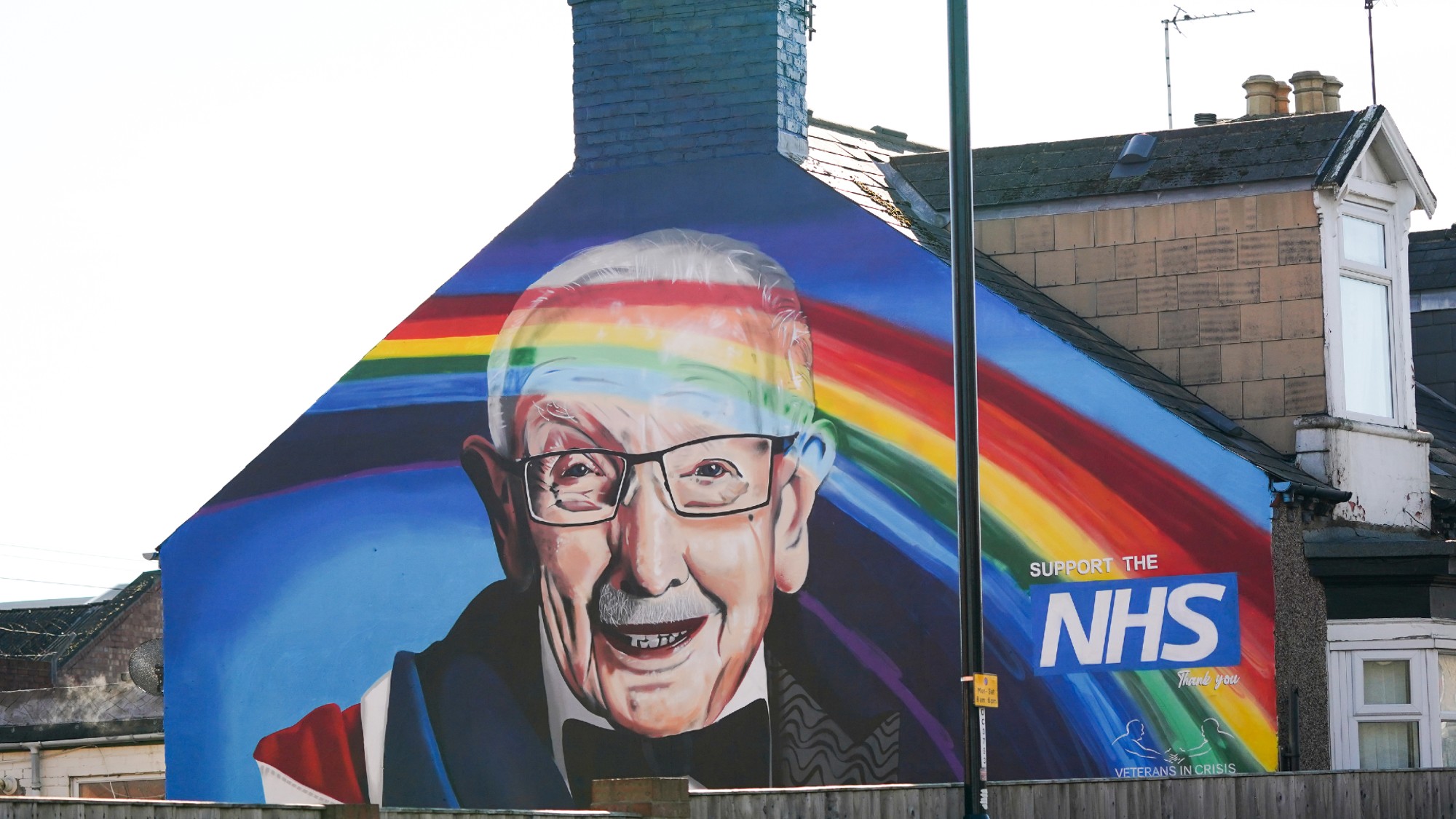 Captain Tom: a tarnished legacy
Captain Tom: a tarnished legacyTalking Point Misuse of foundation funds threatens to make the Moore family a disgrace
-
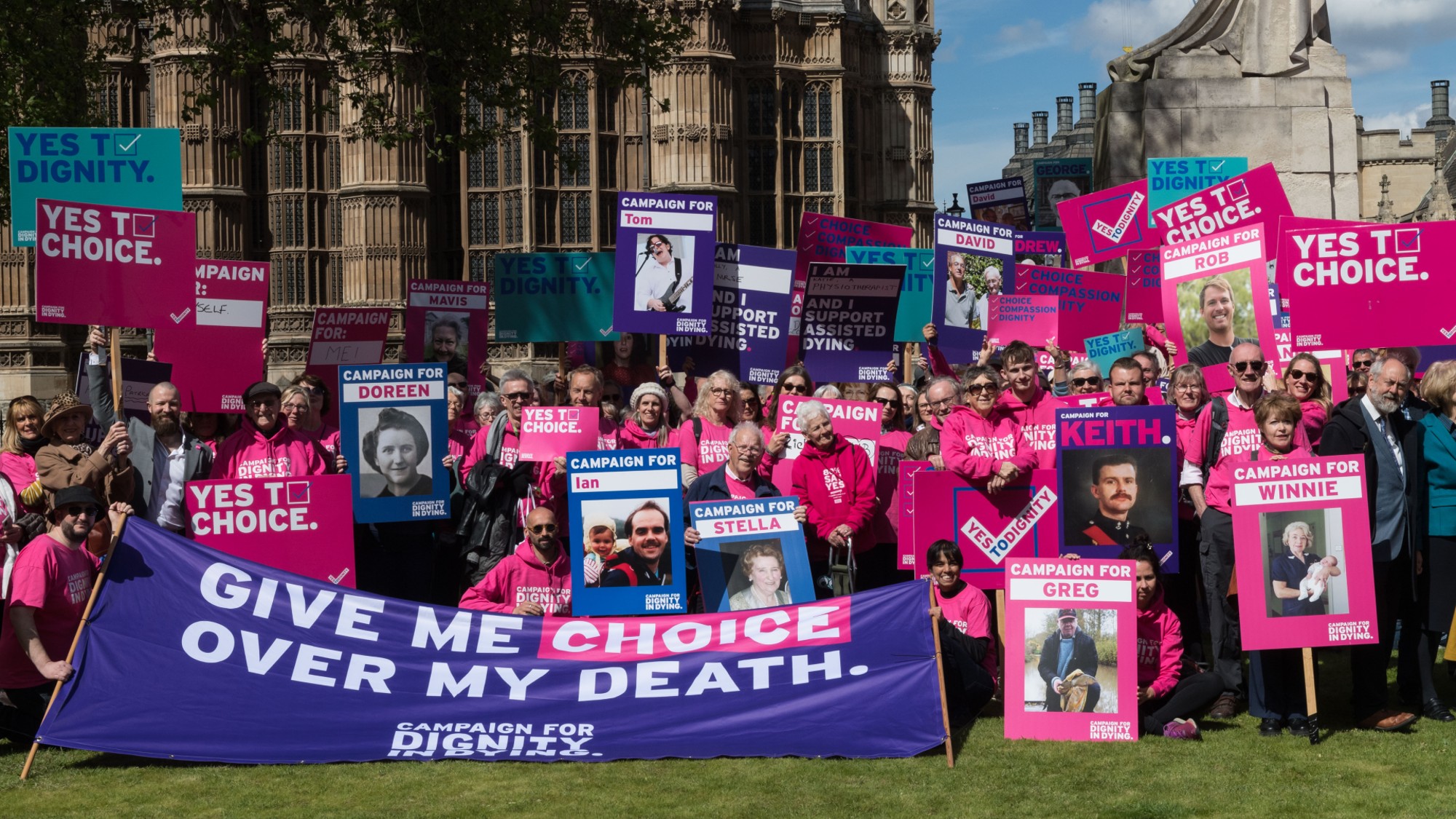 Assisted dying: will the law change?
Assisted dying: will the law change?Talking Point Historic legislation likely to pass but critics warn it must include safeguards against abuse
-
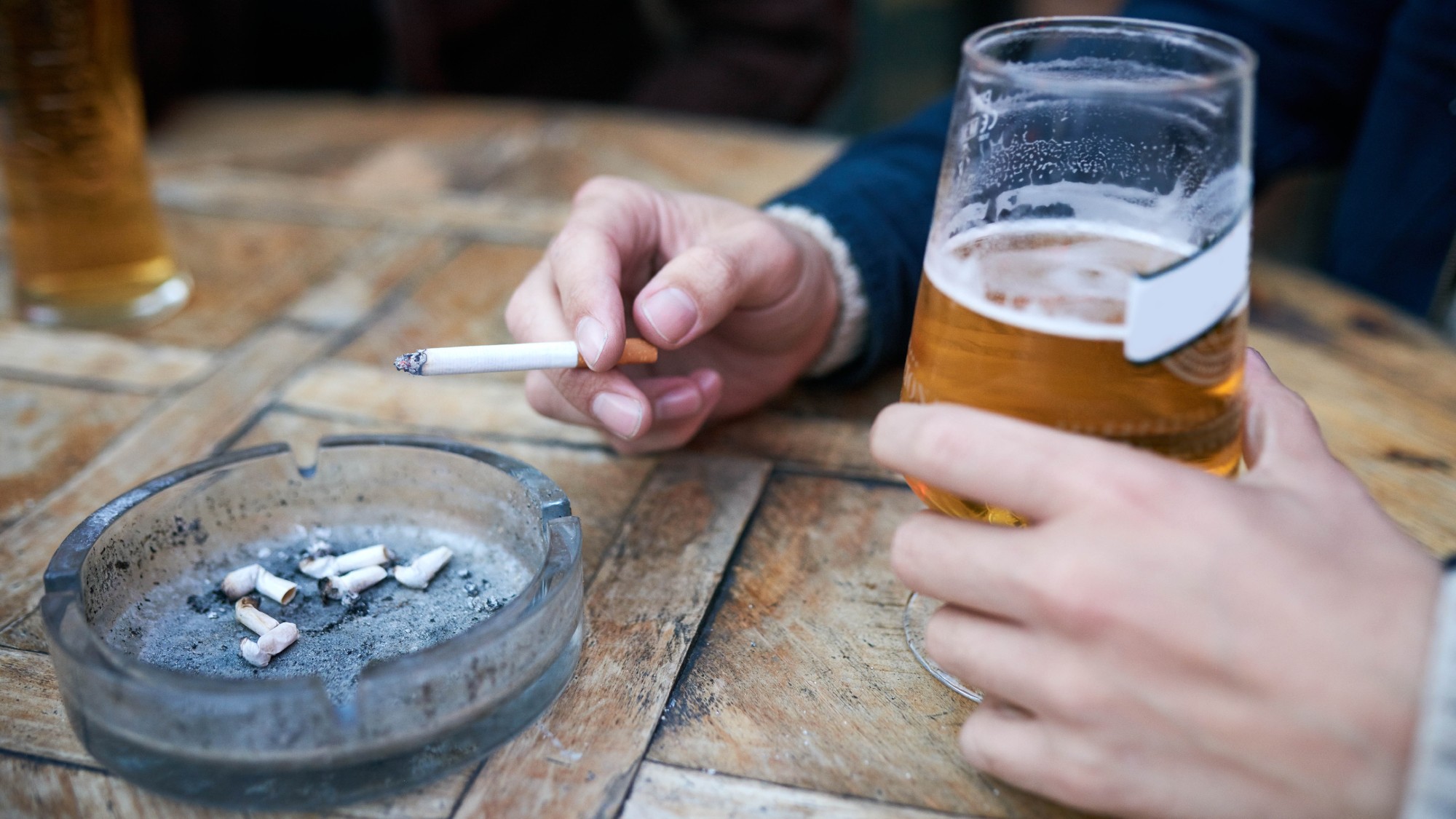 Smoking ban: the return of the nanny state?
Smoking ban: the return of the nanny state?Talking Point Starmer's plan to revive Sunak-era war on tobacco has struck an unsettling chord even with some non-smokers
-
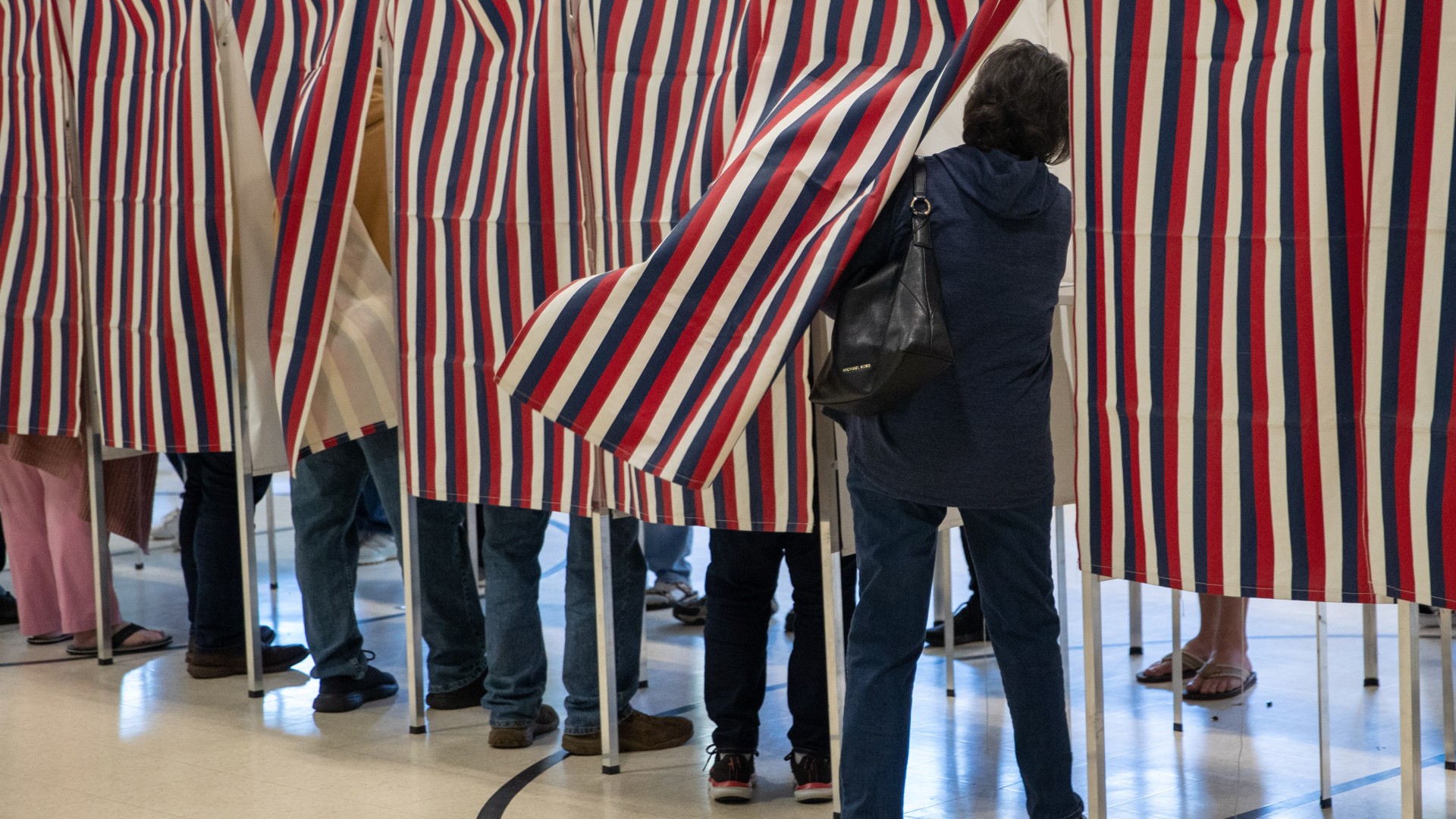 Pros and cons of compulsory voting
Pros and cons of compulsory votingPros and Cons Higher turnout minimises polarisation but critics point to the 'right not to vote'
-
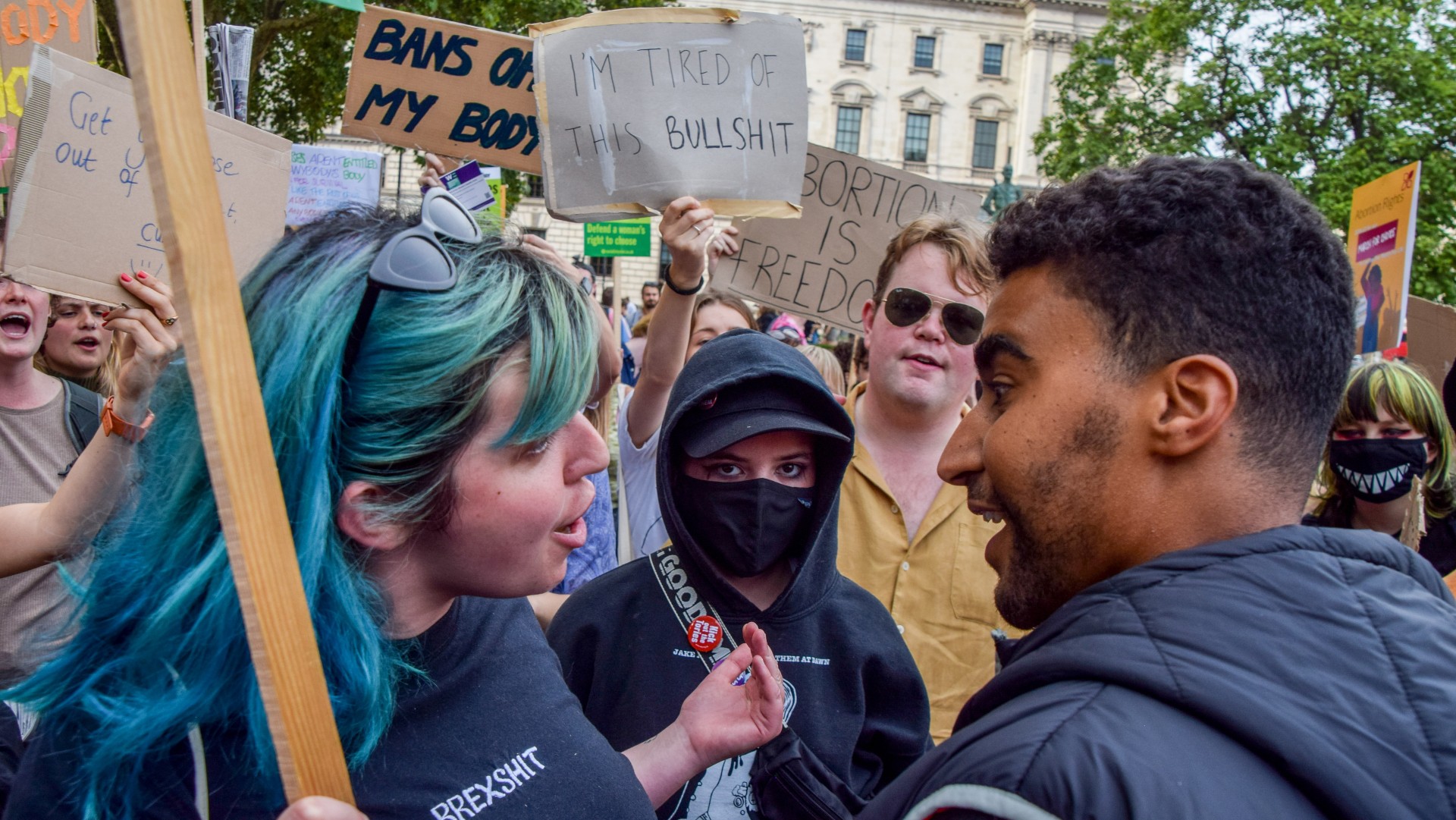 Abortion law reform: a question of safety?
Abortion law reform: a question of safety?Talking Point Jailing of woman who took abortion pills after legal limit leads to calls to scrap ‘archaic’ 1861 legislation
-
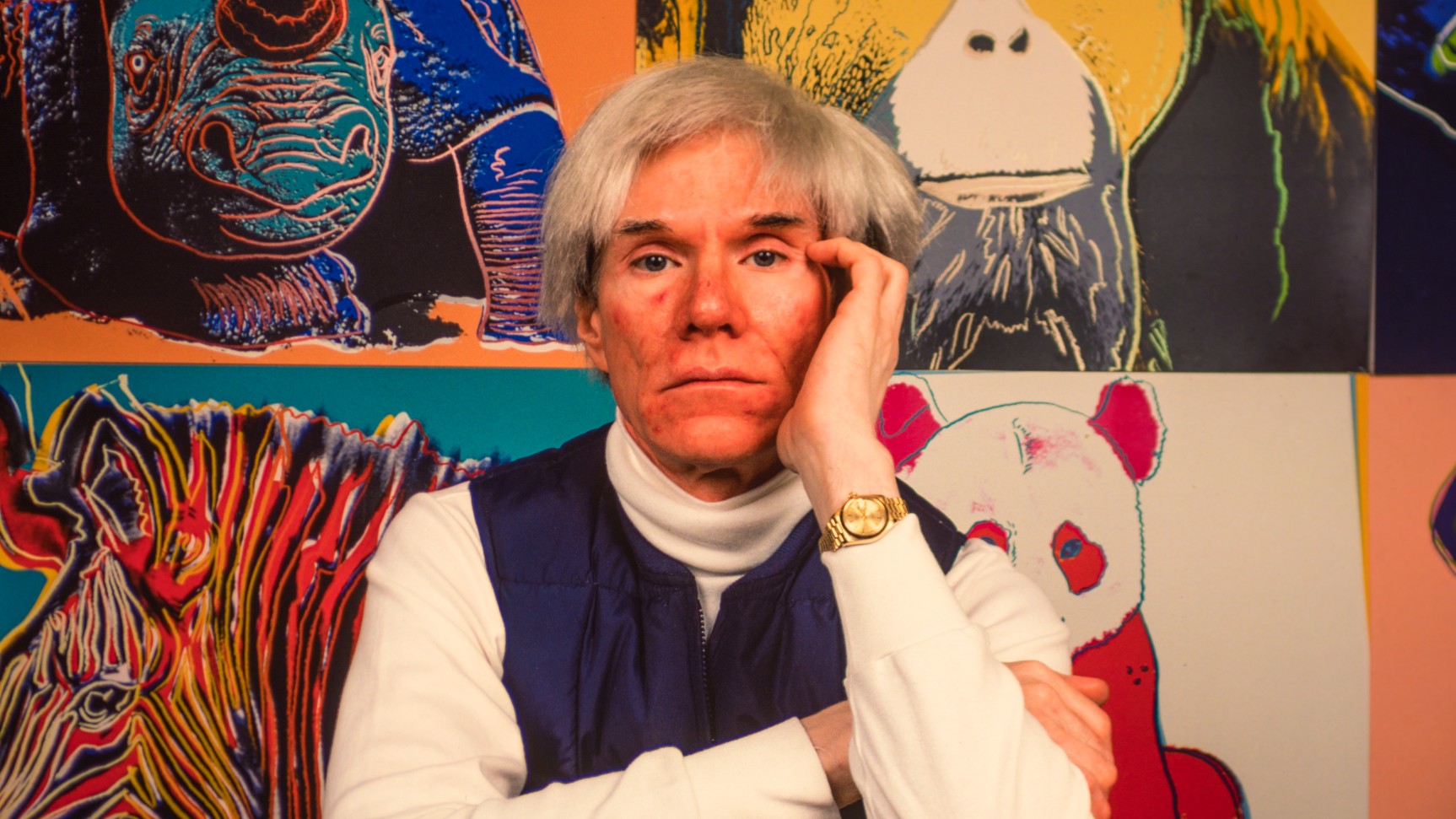 Andy Warhol, Prince and a question of copyright
Andy Warhol, Prince and a question of copyrightTalking Point Supreme Court ruling that sent shockwaves through art world could have huge implications for AI image generation
-
 Disaster trolls and conspiracy theories: is legislation the answer?
Disaster trolls and conspiracy theories: is legislation the answer?Talking Point Two Manchester Arena bombing victims are taking landmark legal action against conspiracy theorist Richard D. Hall
-
 Menopause: a matter for the law?
Menopause: a matter for the law?Talking Point The Government has decided against making menopause a ‘protected characteristic’ under the Equality Act